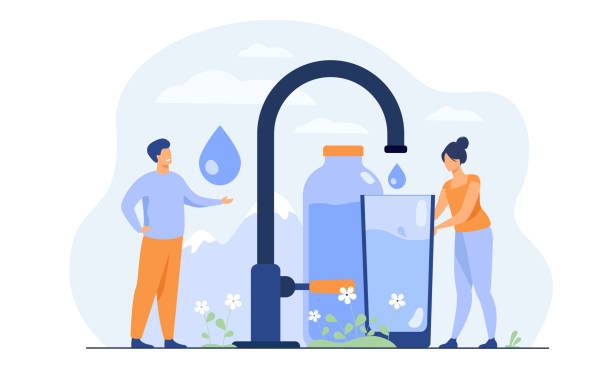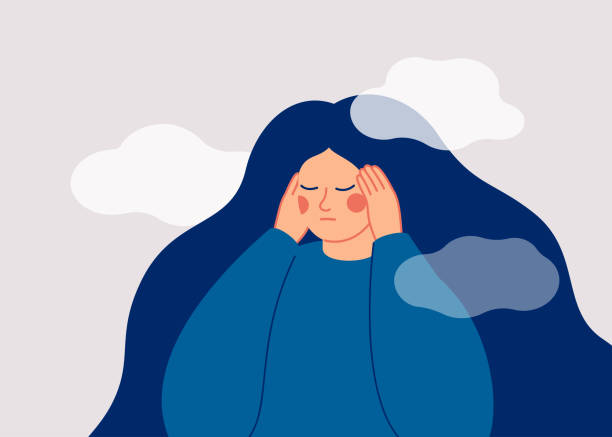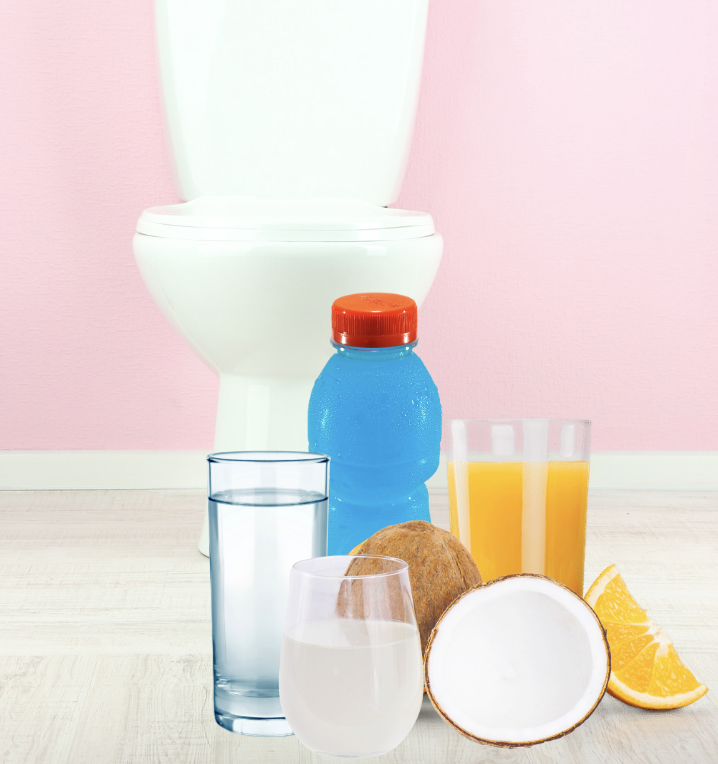What to Eat and Drink
What Are The Drinks for Diarrhea Relief
Diarrhea is a major cause of dehydration, which can quickly deplete the body’s fluids and electrolytes. Replacing lost fluids is critical to avoiding problems and promoting recovery. However, not all drinks are made equal when it comes to properly hydrated during diarrhea. In this article, we will look at the best drinks to counteract diarrhea-induced dehydration. We’ll look at the characteristics that make some drinks suitable for rehydration, as well as practical recommendations for selecting the best option for restoring fluid balance and promoting recovery. Join us as we delve into the science of hydration during diarrhea and equip you with the knowledge you need to make informed decisions for your best health.

Understanding Dehydration and Diarrhea
Dehydration is a condition in which the body loses more fluids than it absorbs. It can occur for a variety of reasons, including diarrhea, vomiting, excessive perspiration, and insufficient fluid intake. Dehydration can induce a variety of symptoms, ranging from moderate to severe, depending on the degree of dehydration.
Causes of Dehydration
Diarrhea is among the most prevalent causes of dehydration. When a person gets diarrhea, they lose a lot of fluids and electrolytes from their system. Electrolytes are minerals that help maintain the body’s fluid balance, muscular function, and other crucial processes. If a person loses too many electrolytes, an imbalance can develop, resulting in serious health concerns.
Symptoms of Dehydration
The symptoms of dehydration vary according to the degree of the ailment. Mild dehydration can result in thirst, dry mouth, and dark yellow urine. Symptoms of extreme dehydration include dizziness, weakness, confusion, and even fainting. In severe circumstances, dehydration can be fatal.
Impact of Diarrhea on Hydration
Diarrhea can significantly affect hydration levels. When someone gets diarrhea, they might lose a lot of fluid and electrolytes in a short period of time. As previously noted, dehydration can result in a variety of symptoms.
When having diarrhea, it is critical to stay hydrated by drinking enough of fluids. Water is the ideal choice because it contains no added sugars or additives. If a person is having difficulty drinking water, they can substitute sugar-free ice pops or other clear liquids like sports drinks or clear broths. Caffeine, alcohol, and sugary drinks should also be avoided because they might aggravate diarrhea.
In conclusion, dehydration is a typical consequence of diarrhea. Stay hydrated by consuming plenty of fluids and avoiding drinks that can exacerbate diarrhea. If a person becomes severely dehydrated or is unable to keep fluids down, they should seek medical assistance right once.

Hydration Strategies
Diarrhea can cause severe dehydration, particularly in youngsters, the elderly, and newborns. It is critical to stay hydrated and replace lost fluids, electrolytes, and minerals. Here are some excellent hydration measures to consider:
Oral Rehydration Solutions
Oral rehydration solutions (ORS) are an excellent approach to replace fluids and electrolytes lost during diarrhea. They are made up of water, sugar, and salt and assist the body absorb fluids and minerals fast. ORS is available in pre-packaged sachets or can be prepared at home by combining water, sugar, and salt in the proper quantities. Children and newborns require ORS formulations that are tailored to their specific needs.
Electrolyte-Rich Fluids
Electrolytes are minerals that are required for the correct functioning of the body. They serve to maintain fluid equilibrium, neuron function, and muscle function. Electrolyte-rich beverages like sports drinks, coconut water, and fruit juices can help replenish lost electrolytes and minerals. However, some beverages may contain additional sugars and should be eaten in moderation.
Hydration for Different Age Groups
Hydration requirements vary according to age and exercise intensity. Children and newborns need more fluids and electrolytes than adults. Breast milk and formula are the best hydration options for newborns. To stay hydrated, both children and adults can drink water, ORS, or electrolyte-rich fluids. Older persons may experience diminished thirst sensations and require reminders to drink fluids on a regular basis.
In conclusion, staying hydrated is critical for the body’s normal functioning, particularly during diarrhea. Oral rehydration solutions, electrolyte-rich fluids, and water are all efficient methods for replacing lost fluids and electrolytes. It is critical to ingest these fluids in the proper proportions and adhere to age-specific hydration requirements.

Dietary Considerations and Fluid Intake
Diarrhea-induced dehydration can result in major health consequences if not appropriately treated. In addition to fluid intake, dietary choices can help prevent dehydration.
Foods to Prevent Dehydration
Consuming water-rich foods can help prevent dehydration. Examples of such foods are watermelon, cucumbers, celery, tomatoes, and oranges. These meals not only supply water, but they also provide critical vitamins and minerals that can help replenish depleted nutrition.
In addition to fruits and vegetables, meat or vegetable broths can help prevent dehydration. These broths contain electrolytes, which are required to maintain fluid equilibrium in the body.
Drinks to Avoid
While staying hydrated is crucial, certain drinks should be avoided when experiencing diarrhea-induced dehydration. Caffeinated beverages, such as coffee and tea, can aggravate dehydration by increasing urine output. Similarly, alcoholic beverages should be avoided as they might cause additional dehydration.
Sugary drinks and artificial sweeteners should be avoided because they might cause diarrhea and exacerbate dehydration. Milk can also be problematic since it contains lactose, which can worsen diarrhea in some people.
Overall, when suffering from diarrhea-induced dehydration, it is best to drink water and electrolyte-rich fluids such as coconut water, sports drinks, and broths.

When to Seek Medical Attention
Mild dehydration can usually be handled at home, while severe dehydration requires immediate medical assistance. If you suffer any of the following symptoms, seek medical attention right once.
Recognizing Severe Dehydration
- Sunken eyes
- Increased heart rate
- Lack of perspiration
- Low blood pressure
- Dry, shriveled skin
- Confusion or delirium
- Unconsciousness
Dehydration signs in babies include a dry tongue or mouth, increased irritability, a lack of tears when crying, sunken cheeks or eyes, and not having a wet diaper for three hours or longer.
Treatment Options for Dehydration
The only effective treatment for dehydration is to replenish fluids and electrolytes. The most effective strategy of dehydration treatment is determined on age, severity, and etiology. To treat extreme dehydration, intravenous (IV) rehydration therapy may be required. This entails injecting fluids straight into a vein to immediately replenish lost fluids and electrolytes.
In rare circumstances, dehydration can be induced by a medical condition or medicine. To avoid further dehydration, the underlying problem may need to be treated or the medicine adjusted.
If left untreated, dehydration can result in problems such as seizures, renal failure, and even death. In severe cases, surgery may be required to treat complications induced by dehydration.
If you are experiencing severe dehydration, you should seek medical assistance immediately.
Conclusion
To avoid dehydration induced by diarrhea, carefully consider the most effective rehydration liquids. While there are numerous options available, several beverages stand out for their capacity to effectively replenish lost fluids and electrolytes. Individuals can help their bodies recover by prioritizing beverages such oral rehydration solutions, coconut water, and clear broths, reducing the risk of dehydration issues. Remember, hydration is essential during diarrhea episodes, so choose your drinks carefully to support quick recovery and overall well-being. Allow this guide to help you make informed judgments about the best drinks for preventing dehydration and regaining your health.
Trusted Health, Wellness, and Medical advice for your well-being


